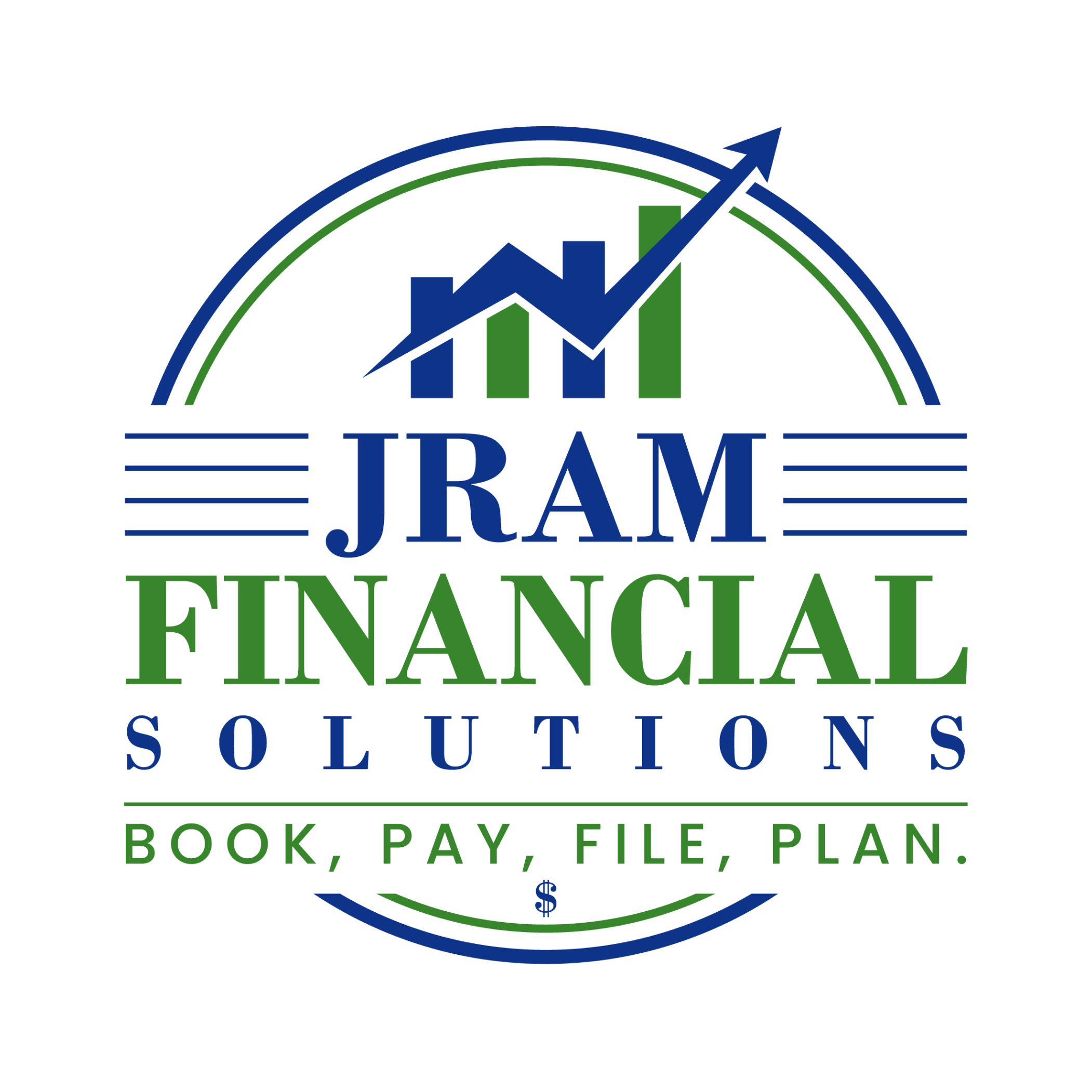Beyond the Books: How Strategic Bookkeeping Can Drive Business Growth

When we think of bookkeeping, numbers, and transactions often come to mind. But bookkeeping, when done strategically, is much more than just balancing accounts—it can be a powerful driver for business growth. Strategic bookkeeping provides business owners with insights that help them make data-informed decisions, plan ahead, and navigate the competitive landscape with a clearer understanding of their financial health. Here’s how strategic bookkeeping can unlock potential growth for your business.
1. Enhanced Cash Flow Management
A strategic approach to bookkeeping involves more than just tracking income and expenses. By monitoring cash flow regularly and strategically, you gain insight into patterns in revenue and expenditures, helping to identify periods of surplus or shortfall. With this knowledge, business owners can make timely adjustments, like deferring or accelerating expenses, adjusting pricing, or even finding investment opportunities to optimize cash flow. Ultimately, effective cash flow management reduces financial strain and positions your business to grow steadily.
2. Improved Financial Forecasting
Traditional bookkeeping keeps a record of the past, but strategic bookkeeping can look to the future. By examining trends and using historical data, you can create financial forecasts that predict income, expenses, and cash flow. Strategic forecasting supports decision-making, allowing you to set realistic goals and allocate resources efficiently. Whether it’s planning for a product launch, expanding your workforce, or preparing for seasonal changes, having a financial forecast based on solid bookkeeping data gives your business a competitive edge.
3. Informed Decision-Making
One of the core benefits of strategic bookkeeping is the ability to make better-informed decisions. With accurate, real-time financial data at hand, you’re able to analyze profitability across various aspects of your business, like product lines or departments. This data-driven approach enables you to understand what’s working, what’s not, and where to invest further. You can make well-informed decisions about scaling operations, hiring, purchasing inventory, or even pursuing new opportunities, all backed by data from your books.
4. Tax Optimization and Compliance
Beyond simple tax filing, strategic bookkeeping involves keeping your business organized and prepared year-round, minimizing surprises when tax season arrives. By tracking all deductible expenses, staying updated on tax regulations, and proactively identifying tax-saving opportunities, strategic bookkeeping can save significant amounts of money. Moreover, compliance becomes much easier when your records are accurate and up-to-date. The result? Less stress, reduced tax liabilities, and more funds available to reinvest in growth.
5. Strengthened Stakeholder Relationships
Having clear, organized, and comprehensive financial records strengthens your credibility with stakeholders. Whether you’re approaching investors, negotiating with suppliers, or securing a loan, having access to detailed financial insights builds trust and confidence in your business’s financial stability. Stakeholders are more likely to engage with a business that demonstrates financial transparency and efficiency—key elements that stem from strategic bookkeeping.
6. Risk Management and Resilience
Strategic bookkeeping helps you identify potential financial risks early on. For instance, tracking overdue accounts receivable or monitoring debt levels can highlight issues before they escalate. This proactive approach to risk management allows you to take corrective action, reducing financial vulnerability. Businesses with resilient financial practices are better equipped to weather economic downturns and unexpected challenges, making strategic bookkeeping an essential component of long-term sustainability.
7. Supporting Business Growth Goals
When you have clear insights into your financial health, setting and achieving growth goals becomes much more realistic. Strategic bookkeeping allows you to track performance against budgets, measure the return on investment for various initiatives, and identify areas to cut costs or invest more heavily. This level of insight and control is invaluable when pursuing growth objectives, from expanding your product line to opening new locations.
Conclusion
Strategic bookkeeping is more than a necessary task—it’s a powerful tool for business growth. By moving beyond the basics and leveraging bookkeeping as a strategic asset, businesses can enhance cash flow, optimize tax strategies, strengthen stakeholder relationships, and reduce risks. In doing so, they position themselves not only to survive but to thrive and grow. Investing in strategic bookkeeping today will create a solid foundation for your business’s future success.




